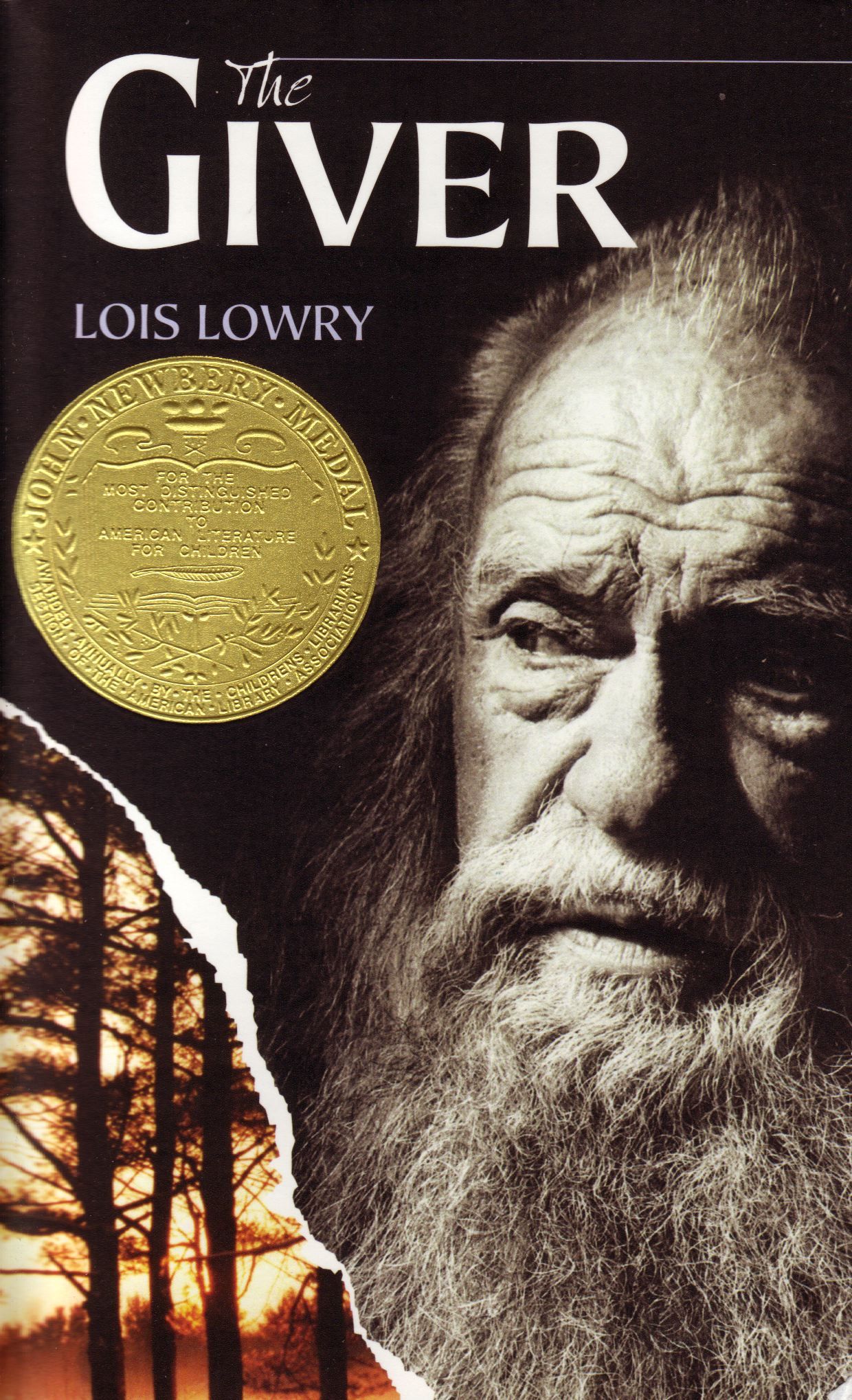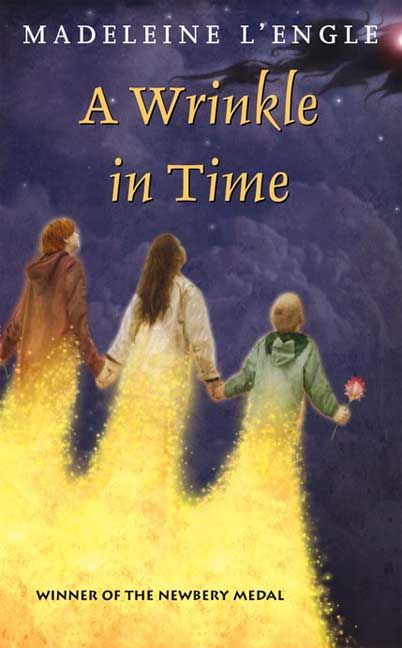Love it or hate it, the Ender's Game movie is coming. I first encountered Orson Scott Card’s celebrated sci-fi novel as an adult, but many of my peers read it in school, or found it in the library at age 12 or 13. Young-adult novels have become a treasure trove for studios hungry for summer blockbusters. Books like The Hunger Games and Percy Jackson & The Olympians: The Lightning Thief feature vibrant characters, stunning scenery and a good shot of adrenaline. Teen heroes (like regular teens) tend to embrace danger in a way that perhaps only Tony Stark would understand (and really, isn't he just a 15-year-old at heart?).
Still, there are some terrific novels that have yet to make the journey to the big screen. Here's a rundown of the ones I'd like to see:
Feed, by MT Anderson
Probably the best meditation on Internet culture I've ever read, it's a boy-meets-girl story, except the boy and girl live in a future society where everyone is continuously hooked into the web, sharing more digitally than they do in real life. Anderson is some kind of a prophet, though, because he wrote the thing in 2002, pre-Facebook, pre-Twitter, pre-mobile revolution. The book deals with issues of class, capitalism, individual freedom, and what it feels like to be a teen in love. There are moments in the book that I can't get out of my head: the first time Titus sees Violet on the moon, and notices her beautiful neck lesion (there are a lot of lesions in this book), Titus sitting in his room ordering the same pair of pants over and over again in total agony.
The challenge in bringing this novel to the screen is that much of the dialogue happens over the "feed," which is sort of like instant messaging. A really creative director could use some sort of head-up display, subtitling or voiceover, but the film would hinge on making that seem smart and not cheesy. Anderson's language also presents a challenge, as he made up slang for Titus and his friends (“meg” for mega, “unit” for guy or dude, “null” for boring). Reading it on the page, you can hear Titus's voice loud and clear. But in the hands of a poor actor, the dialogue could be the stuff of Raspberry Awards.
The Giver, by Lois Lowry
A classic middle-school novel, The Giver is 20 years old this year and has three sequels. The plot follows Jonas, who lives in a world where emotions are repressed, and desires have been replaced with adherence to order and sameness. At 12, Jonas is assigned to be the Receiver of Memory, the one person who will carry on the memories of the Community. He's trained by the current Receiver, who also passes along emotions (painful and joyous), and an ability to see color.
In 2012, Jeff Bridges announced (and Lois Lowry confirmed) that he was developing an adaptation of The Giver, but there hasn't been much news since. The book is so visual that it's surprising a film hasn't been made before. The transition from black and white to color as Jonas begins to explore his role as the Receiver could be downright Oz-like. Bridges will be great in the title role, but the key to the film's success will be finding a young actor to play Jonas. The character in the book is a wee bit annoying already, and the wrong 12-year-old could really grate on viewers.
A Wrinkle in Time, by Madeleine L'Engle
Yes, yes, Disney tried to do this one as a TV movie in 2003. I would just like to pretend that never happened, OK? Certainly Madeleine L'Engle didn't accept that adaptation, saying she"expected it to be bad" -- and it was. If for some reason you never read this book, it's about a very strange family of New England scientist: Meg Murry, her little brother Charles Wallace and her crush Calvin O'Keefe go on an adventure to save Meg and Charles Wallace's father, who has gone missing as a result of his experimentation with tesseracts. There are several sequels to this book, including some that feature Calvin and Meg's children.
There are a lot of reasons no one has made a fantastic film based on this book: First of all, it requires a really big budget. You can't skimp on the scariness of IT or the transformation of Mrs. Whatsit. Secondly, L'Engle gets into some really touchy issues around faith, love and God. To make a successful adaptation, you'd need a director who isn't afraid of those themes. A good adaptation of Narnia needs Aslan's Christ-like self-sacrifice, and you can't do A Wrinkle in Time without touching upon religion. For an example of what not to do, look no further than the phenomenally bad 2007 adaptation of The Golden Compass. That book also deals with some touchy religious (or anti-religious) themes. Excise them from the story, and you just have a series of weird goings on, not a plot.
***
These three novels deal strongly with individuality, freedom of expression and nonconformity. I wonder whether studios are really ready to put their weight behind such rebellious teen stories. Sure, Ender and Katniss go against the grain, but Titus, Jonas, and Meg ask readers to question everything (including our commercially driven society that loves pumping out mind-numbing blockbuster movies). Are moviegoers ready for such subversive stories? Even if studios are squeamish, teens certainly aren't.




